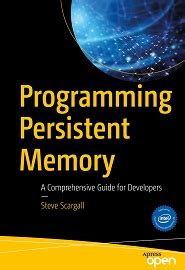Memory management is an important concept in programming languages. It refers to the process of allocating, managing, and deallocating memory resources within a program or system. Memory management helps ensure that programs run efficiently by ensuring that there are enough available memory resources for each task. Without proper memory management, programs can become slow and inefficient due to excessive memory usage.
The first step in memory management is to allocate memory. This involves assigning memory blocks to different tasks so that they have access to the necessary resources. The size of the allocated memory block depends on the type of data being stored and the amount of memory needed. Once the memory has been allocated, it must be managed properly. This includes tracking which parts of the memory are used and when, as well as freeing up unused memory.
Another important aspect of memory management is garbage collection. Garbage collection is the process of reclaiming memory that is no longer being used. This ensures that memory resources are not wasted and that the program runs more efficiently. Garbage collection algorithms vary depending on the language and platform being used.
Finally, memory management also involves deallocating memory. Deallocation occurs when a program no longer needs a particular memory block. When this happens, the memory block is freed up and made available for other tasks.
Memory management is essential for efficient programming. By understanding how memory works and implementing effective memory management techniques, programmers can ensure that their programs run smoothly and efficiently. Proper memory management also helps reduce the risk of errors caused by insufficient memory resources.
In conclusion, memory management is an important concept in programming languages. It involves allocating, managing, and deallocating memory resources within a program or system. Memory management helps ensure that programs run efficiently by ensuring that there are enough available memory resources for each task. Additionally, garbage collection and deallocation help free up unused memory and make sure that memory resources are not wasted. Understanding and implementing effective memory management techniques is essential for efficient programming.
